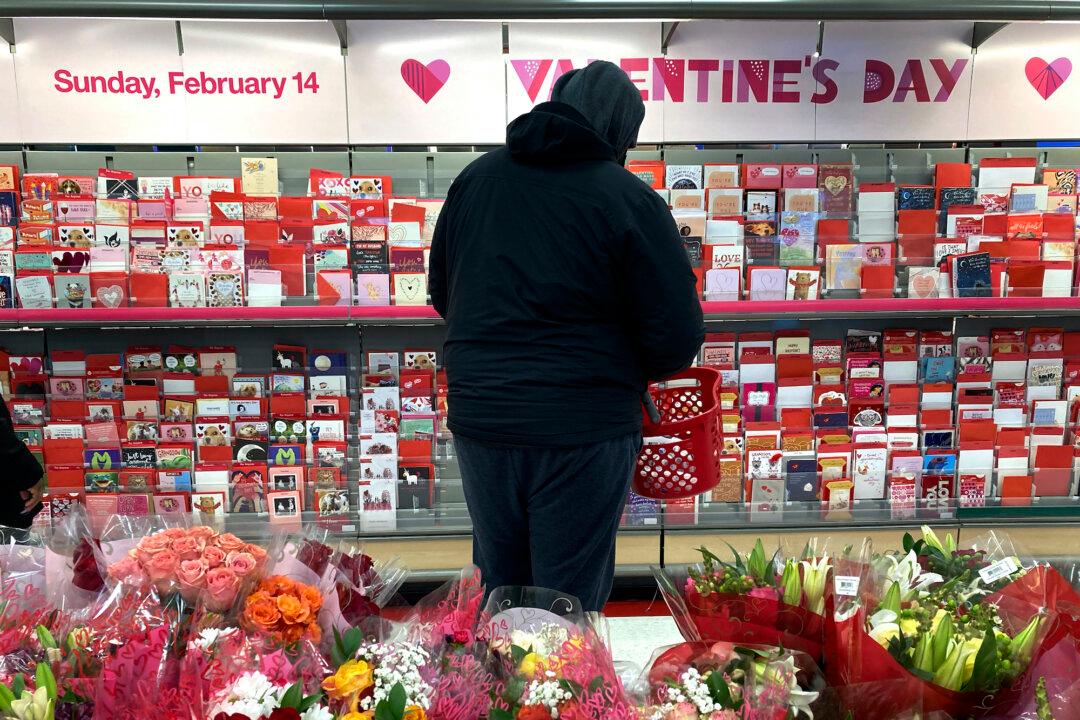ChatGPT-3’s debut in late 2022 shook up tech–and online dating was no exception.
Within weeks, Tinder users were reportedly penning bios with the AI tool’s chatbot interface.

ChatGPT-3’s debut in late 2022 shook up tech–and online dating was no exception.